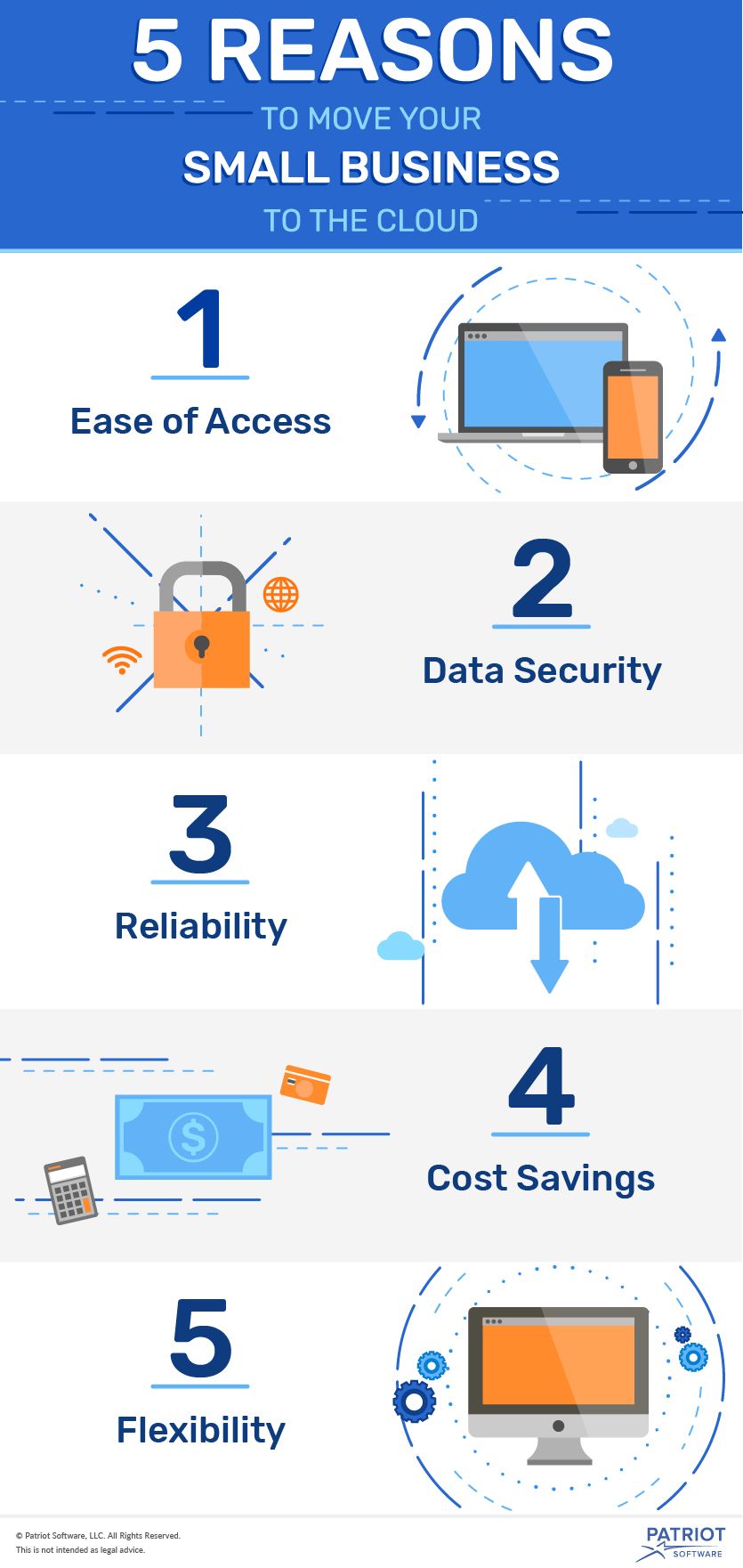The cloud. A little less than a decade ago this term would have only drawn eyes to the sky. Now, the “cloud” is everywhere, not unlike our puffy friends inhabiting the earth’s atmosphere. First it was our computers, then our phones and tablets, and now our cars, thermostats, and even entire cities have entered the fold.
Before the days of major cloud services like Dropbox, PayPal, and Office 365, the cloud was primarily considered a technology disruptor. Now, it’s the norm. Now, it helps employ 11.6 percent of those working in the U.S. private sector.
But is it safe? It’s a valid question.
Over the last few years, we’ve seen harmful data breaches hit major companies around the globe. Surprisingly, roughly 50 percent of those breaches are in one way or another caused by employees inside the affected organization. Surveys conducted by the Cloud Security Alliance found that the majority of IT executives think the cloud is at least as secure, if not more so, than on premise systems. Furthermore, 68 percent say users pose the biggest security threat — not the system. And while no system is perfect, major players like Amazon and Capital One (and those mentioned above), trust in it enough to stake their entire business models on it.
Below are some key reasons small and medium-sized businesses like yours should feel safer about moving to the cloud. These apply to nearly every technology vertical, whether you’re looking to switch retail POS systems or add payroll software to your human resources stack.
Business Continuity (Disaster Recovery & Backups)
Big or small, every modern business has important information they can’t afford to lose. And in the event a disaster does happen, it’s crucial that business operations are back on track as fast as possible. This is only possible if you have backups in a safe location and the right recovery solutions in place. Unfortunately for small businesses, the upfront investment costs to implement a recovery solution are high. Costs aside, many smaller businesses also lack the necessary skillset to implement one. The cloud movement has empowered the SMB space to find lighter solutions that fit their needs, don’t break the bank, and come with the expertise of the chosen cloud provider.

Your Data Won’t Grow Legs
Storing vital data in-house opens the door for that data to leave the premises at any time, without knowledge or consent. This is worrying when you consider that small storage devices such as thumb drives can now hold up to 2 terabytes of data! Even if the data being carried out is in the hands of a trusted employee, that doesn’t mean the thumb drive, portable hard drive, or laptop it’s stored on can’t end up lost or stolen.
The difference when storing your important data in the cloud is that it stays secure at all times, no matter where it’s accessed. If your laptop or phone is stolen, the cloud programs you were using will remain secure, since they each require a login. On top of that, many cloud applications have a remote wipe feature that can be activated in the event a device is lost or stolen.
Automatic Software Updates
Another benefit of moving to the cloud is that you don’t have to worry about maintaining the system yourself. Cloud suppliers take care of updating the hardware and software needed to provide their service to you. These updates also include security patches, so your data remains as safe and secure as possible, 24/7.
Safer File Sharing
As your business grows, the number of documents being shared will increase along with it. Many of these documents contain sensitive information, and the more they are shared, the greater the risk your information will fall into the wrong hands. Cloud services such as Google for Business and Office 365/SharePoint provide secure, easy-to-access documents that don’t need to be downloaded/uploaded in order to share. Furthermore, documents shared behind a secure, cloud partition require authorization to access, giving you better control over each and every asset.
Login and Online Activity Monitoring
One final benefit of using cloud applications is that many of them offer detailed information to admins about how their system is being used. For instance, you may be able to see where and when a login occurred, which could tip you off to suspicious activity in your accounts. There may be additional security services provided beyond login information, so be sure to explore your options.
***
In truth, there is no such thing as a 100 percent secure system. Whether your data is in the cloud or on your own servers, there will always be some risk involved. The good news for adopters is that the cloud is constantly evolving, and maintaining the highest level of security is a top priority for most providers. The question then is whether the benefits of cloud adoption from a safety standpoint outweigh the risks for the SMB industry. We certainly think so.
These views are made solely by the author.
